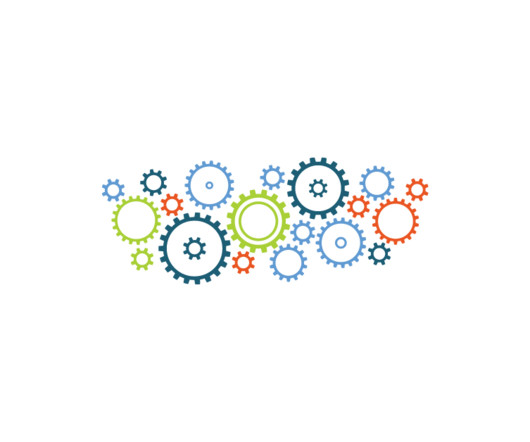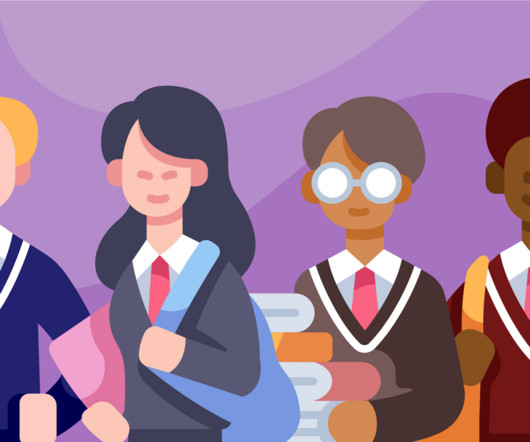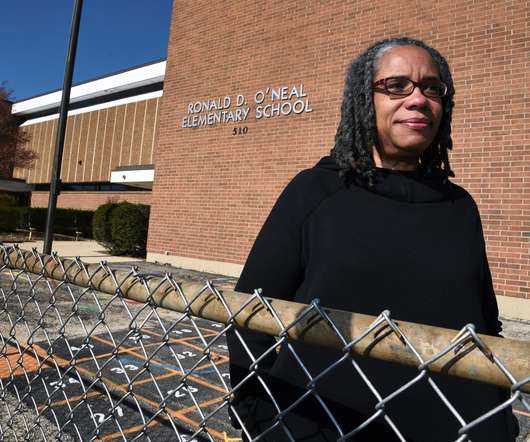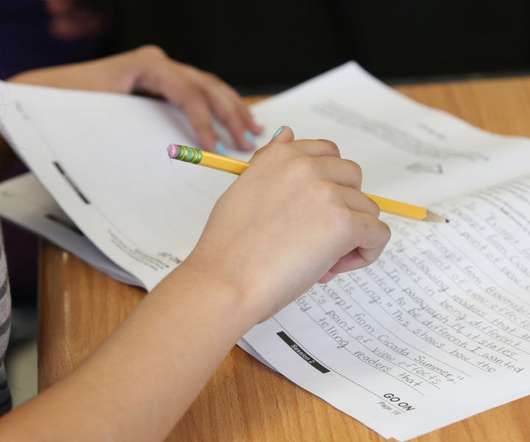The Power of Claim-Evidence-Question
Catlin Tucker
SEPTEMBER 1, 2023
To recap, metacognition is a cognitive ability that allows learners to consider their thought patterns, approaches to learning, and understanding of a topic or idea. Teachers can use this step to encourage students to assess the credibility of their evidence and select information that effectively strengthens their claims.



































Let's personalize your content